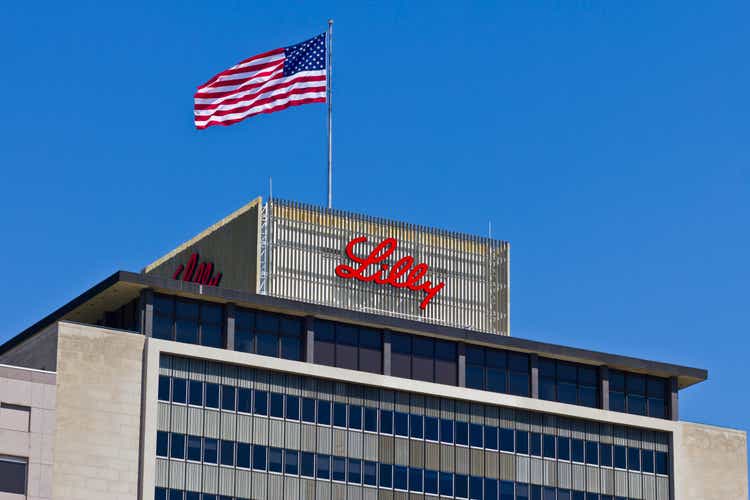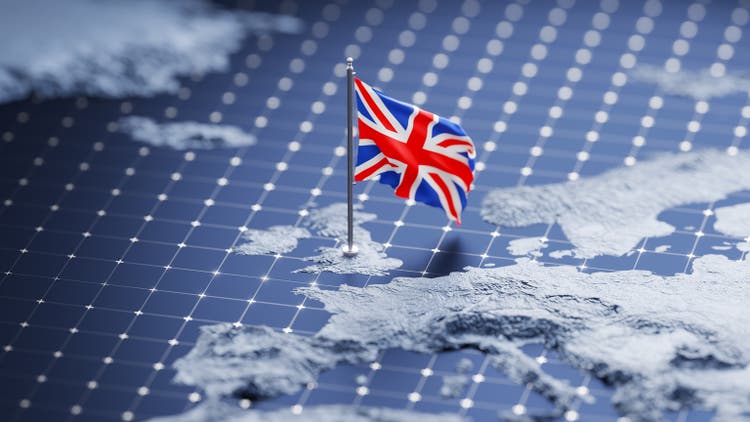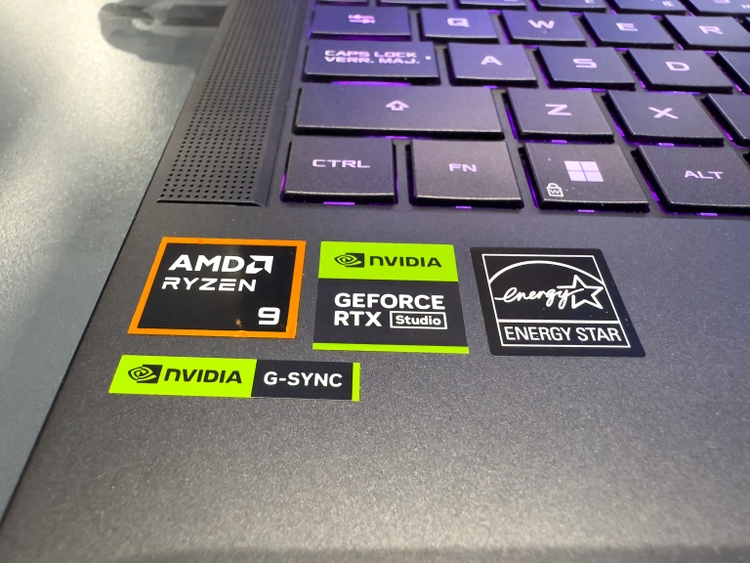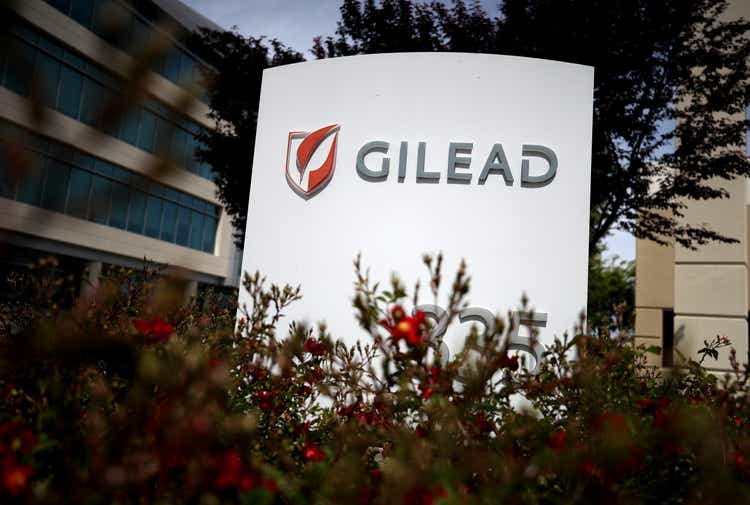Trump Tariffs on India: With Washington’s 25 per cent additional levy on Indian exports set to take effect August 27, New Delhi has made it clear that energy needs will not be compromised. “Indian companies will continue buying (oil) from wherever they get the best deal,” said Vinay Kumar, India’s ambassador to Moscow, as quoted by Russian news agency.
“We have clearly stated that our objective is the energy security of 1.4 billion people of India,” he said, stressing that cooperation with Russia and other suppliers has “helped to bring about stability in the global oil market.”
Kumar echoed External Affairs Minister S Jaishankar’s criticism of the new tariffs. Last week in Moscow, Jaishankar said he was “very perplexed” by the US decision because “it was the Americans” who had urged countries to stabilise world energy markets by continuing oil purchases from Russia.
Calling the fresh US duties “unfair, unreasonable and unjustified,” Kumar said India would keep taking steps “to protect its national interest.”
Washington’s rationale
On Sunday, US Vice President JD Vance defended US president’s measures, describing them as “aggressive economic leverage” aimed at forcing Russia to halt its war in Ukraine.
“Trump has applied aggressive economic leverage, for example, secondary tariffs on India, to try to make it harder for the Russians to get rich from their oil economy,” Vance told a foreign news channel.
Dismissing speculation over financial hurdles, Kumar clarified that India and Russia faced “no problems” in settling oil trade. “India and Russia have a working system of trade settlement in national currencies. There is no problem now in payment for oil imports,” he said.
The envoy also underlined efforts to expand Indian exports to Russia. “Some of the important areas we need to focus on are textiles and fashion products, construction materials, auto spare parts, electronics and IT-related products. Many top manufacturers are already making phones in India, and we look forward to increasing those supplies as well,” he said.
While bilateral trade has grown, Kumar admitted that “India’s export to Russia has also grown. But it is still far below what it can be.”
'It's funny how...': EAM Jaishankar's blunt message
Jaishankar, meanwhile, pushed back strongly against Washington’s narrative that India’s crude imports fund Moscow’s war chest.
“It’s funny to have people who work for a pro-business American administration accusing other people of doing business,” he said. “If you have a problem buying oil or refined products from India, don’t buy it. Nobody forces you to buy it. But Europe buys, America buys, so you don’t like it, don’t buy it.”
The Ministry of External Affairs has also termed the US action “unfair, unjustified and unreasonable,” vowing to take “all actions necessary to protect India’s national interests.”
Trump’s 50% tariff challenge
The oil row comes alongside a broader tariff hit to Indian exporters. From Wednesday, August 27, the Trump administration’s cumulative 50 per cent tariff on Indian goods will take effect through a supplementary 25 per cent duty.
A notification issued by the US Department of Homeland Security confirmed the move, saying it would apply to goods “entered for consumption, or withdrawn from warehouse for consumption, on or after 12:01 am EDT on August 27, 2025.”
Meanwhile, Prime Minister’s Office will review the matter in a high-level meeting today with key stakeholders from affected sectors including pharmaceuticals, textiles, engineering goods and medical equipment, sources told Zee Business.
The government is expected to chalk out a multi-pronged strategy to cushion exporters from the immediate impact while working on long-term trade resilience, as per sources.

 1 hour ago
1
1 hour ago
1















 English (US) ·
English (US) ·